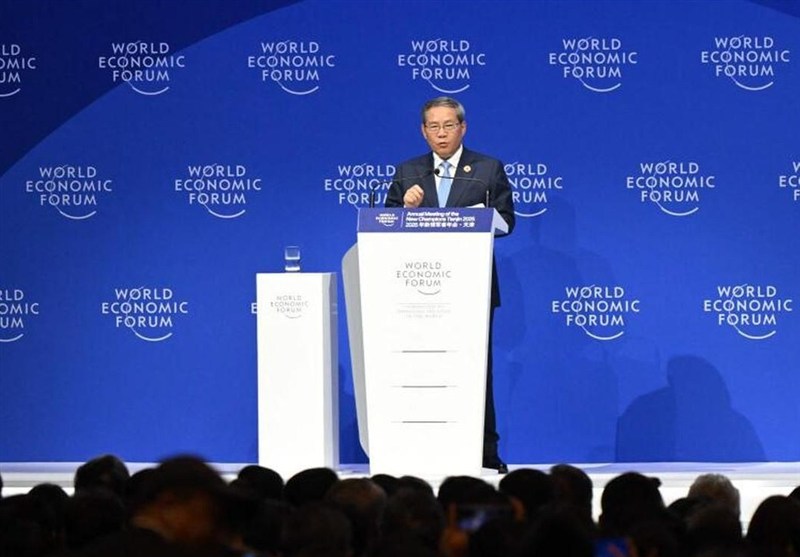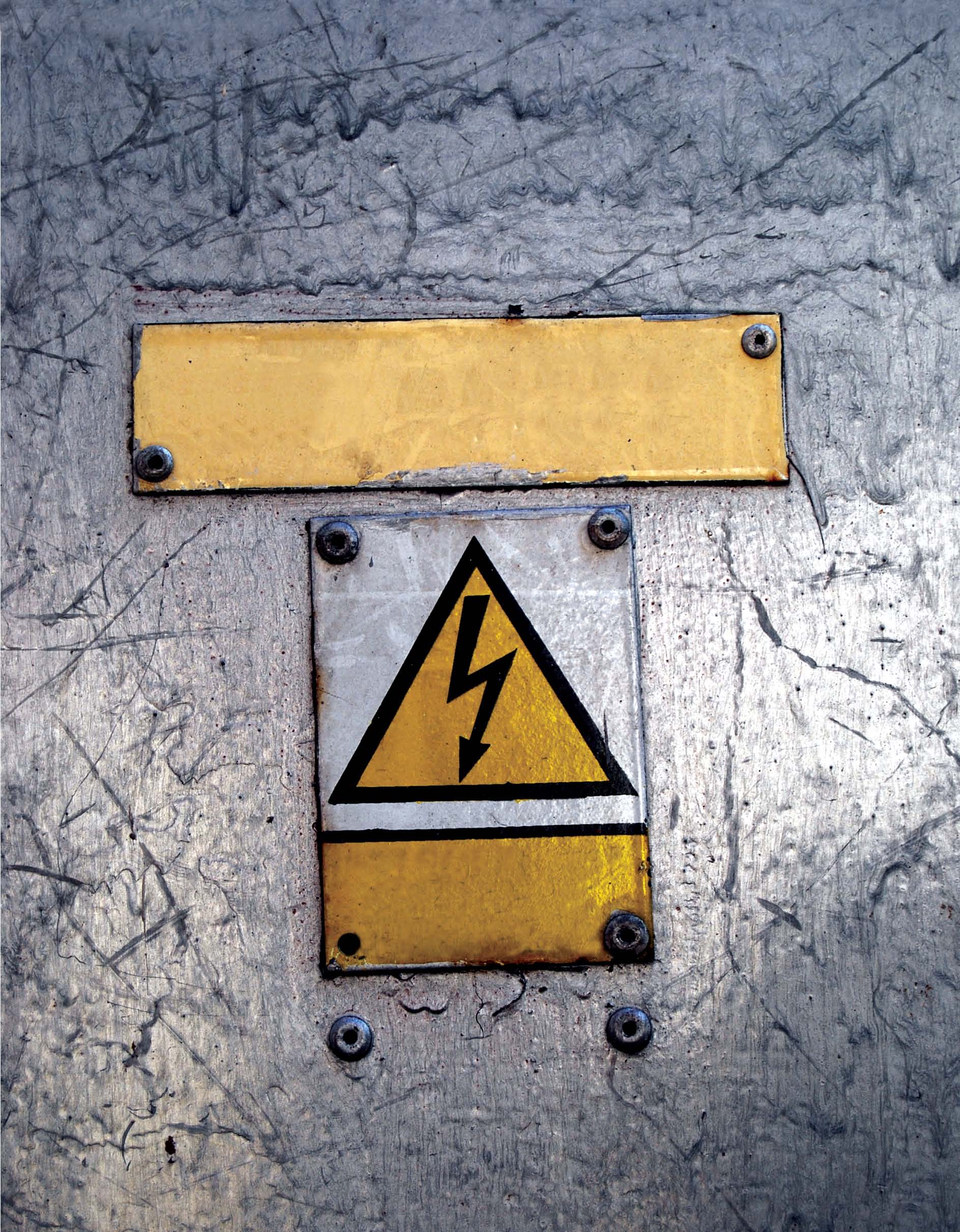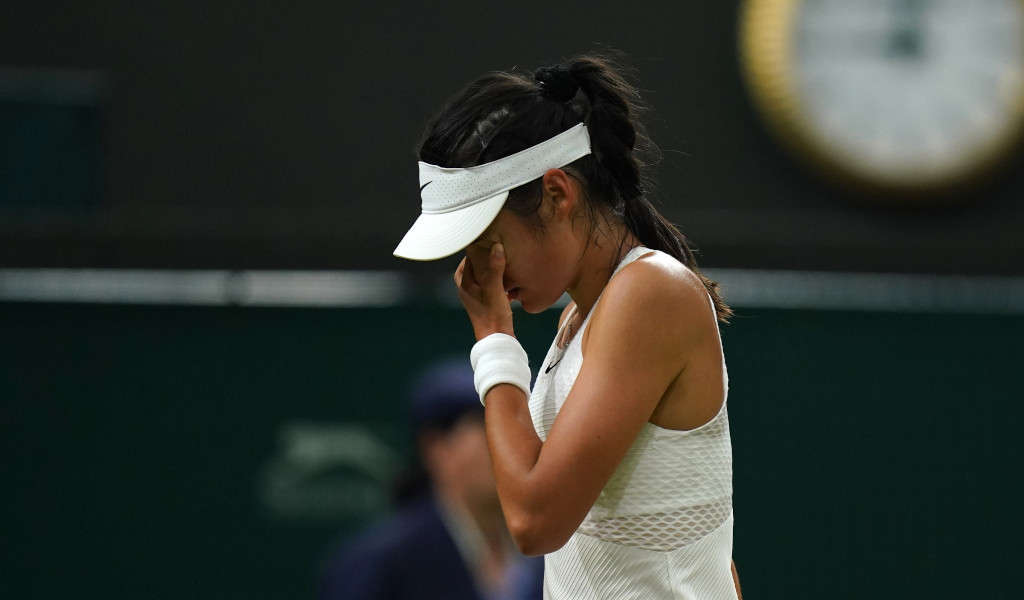
The European Union and NATO state has been rocked by political instability in the wake of a presidential election which was canceled in December and re-run in May, with market turmoil boosting borrowing costs and crashing the leu currency, Reuters reported.
Bolojan’s nomination to head a broad pro-European coalition government by centrist President Nicusor Dan, who ultimately won the divisive election at the detriment of the far right, comes after a month of political wrangling over the fiscal measures needed to lower the European Union’s highest budget deficit and avoid a ratings downgrade to below investment grade.
The government will include Bolojan’s Liberal Party, centre-left Social Democrats, centre-right Save Romania Union and ethnic Hungarian party UDMR, with the four parties also backed by national minorities in parliament.
The confidence vote is expected to take place later on Monday and confirm Bolojan in his position.
While the coalition will have broad support – around 70% of parliament, all but three hard-right groupings – its endurance will depend on unpopular tax hikes and whether the four parties enforce agreed cuts to state spending.
The party leaders have agreed to rotate prime ministers before a 2028 parliamentary election, with Bolojan swapping with a leftist Social Democrat in April 2027.
The Social Democrats are Romania’s largest party and a ruling majority cannot be achieved without them, but the switch of prime ministers could be a destabilizing step as policies and positions are reassessed.
“I am thanking coalition partners because faced with a difficult situation for Romania and … regardless of political orientation and past conflicts we have had the maturity to reach a political agreement for a stable government,” Bolojan said after the parties formally signed up to a coalition agreement on Monday.
UDMR party leader Kelemen Hunor told reporters the government will initially focus on cuts to state spending and approve potential tax hikes in August-September.
He said the main value added tax – a key tax the European Commission, ratings agencies and analysts said should be hiked to lower the deficit – will remain at 19% for now, while two lower 5% and 9% rates will be consolidated in a single 9% one.
Other measures could include higher excise duties, a higher dividend tax, higher property taxes, eliminating exemptions and listing state-owned companies on the bourse.
The three ratings agencies have scheduled Romanian reviews in August, September and October.








